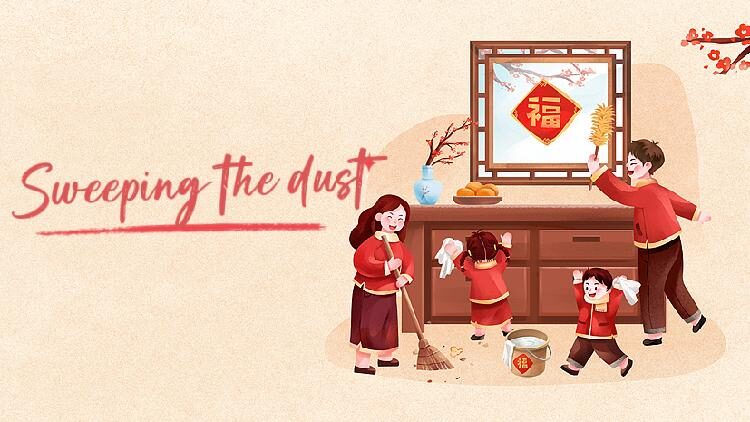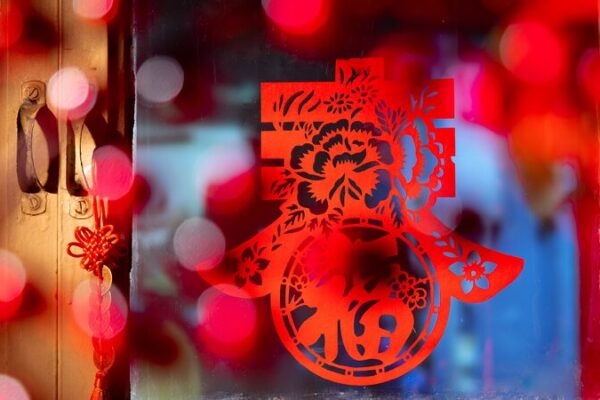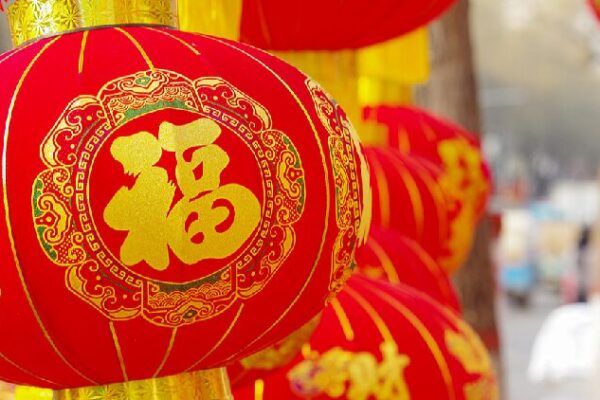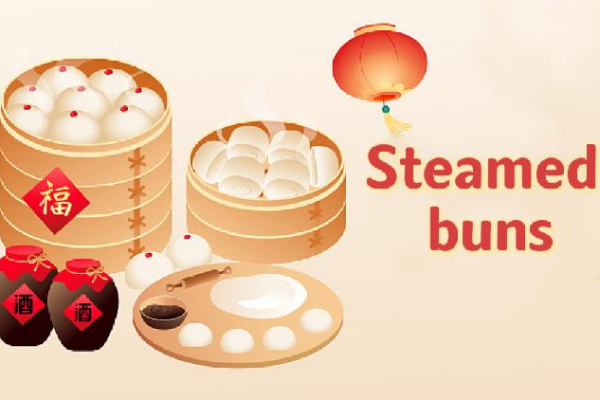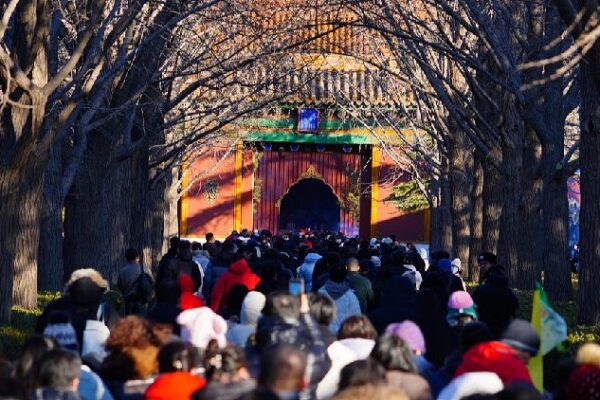As the twelfth month of the traditional Chinese calendar, known as Layue, begins on December 31, households across China are bustling with activity. Layue is famed for its plethora of traditional customs, making it one of the most culturally vibrant months of the year. Among these cherished traditions is “sweeping the dust” on Little New Year.
Little New Year, which usually falls a week before Lunar New Year, is considered a prelude to the grand festivities. On this day, families come together to thoroughly clean their homes, a practice deeply rooted in symbolism. In Chinese, the word for “dust” (chén) sounds similar to the word for “old” (chén), making the act of cleaning a metaphor for bidding farewell to the old year’s troubles and misfortunes.
The tradition of “sweeping the dust” is more than just a household chore; it’s a ritual that embodies hopes for renewal and prosperity. By cleaning every nook and cranny, people believe they are removing stagnant energy and creating a fresh environment for the incoming year. It’s a time-honored way to sweep away poverty and bad luck, making way for good fortune and success.
For teenagers and young adults, participating in this custom is a meaningful way to connect with cultural heritage and family traditions. It’s an opportunity to reflect on personal growth over the past year and set intentions for the future. Moreover, “sweeping the dust” emphasizes the importance of starting anew, a concept that resonates universally.
As Layue progresses, anticipation builds for the Lunar New Year celebrations. But before the feasting and fireworks, “sweeping the dust” reminds us all of the value in cleansing our spaces, minds, and hearts. So, whether you’re in China or part of the global community, embracing this tradition could be the perfect way to welcome positive change in the new year.
Reference(s):
cgtn.com
